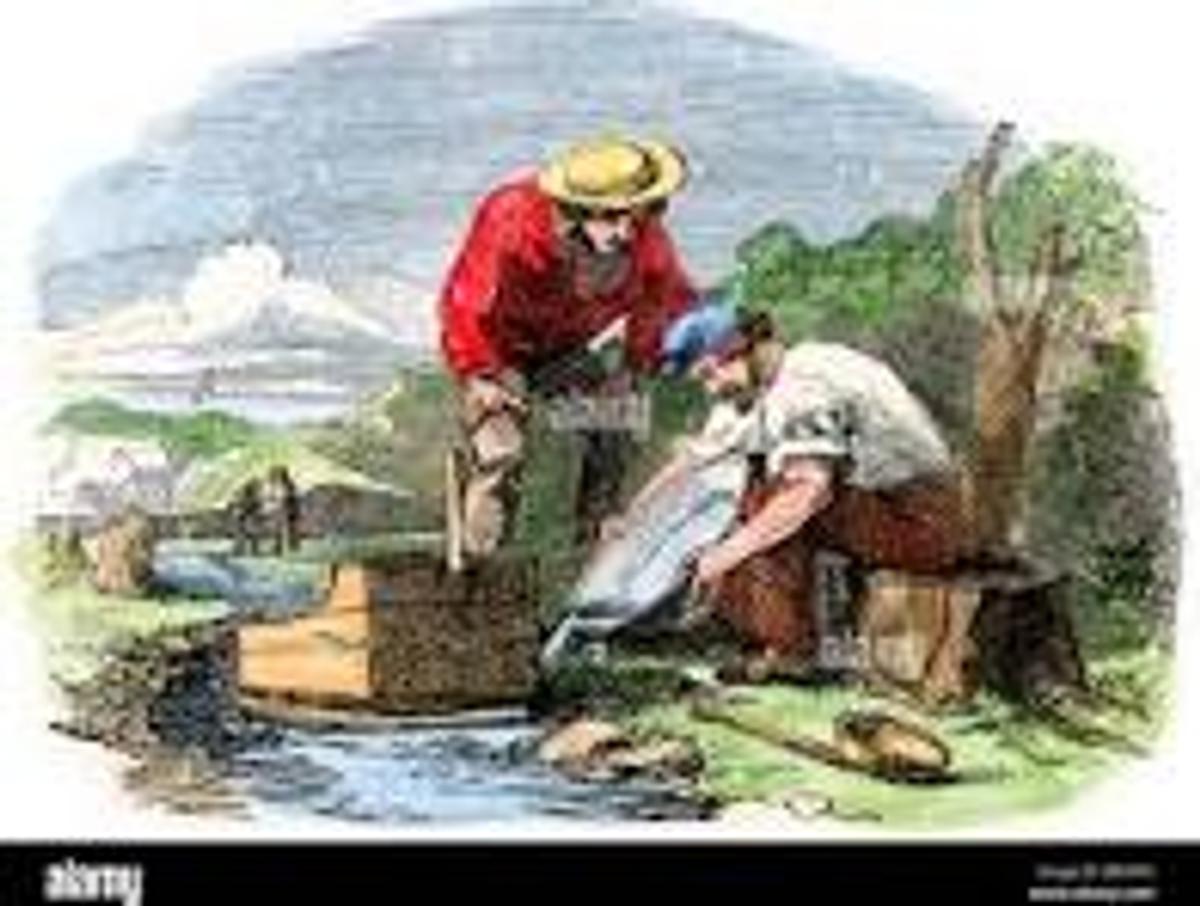From the Principal's Desk

May is the month of Mary, Mother of Jesus.
Australian Indigenous Hail Mary
Hello Mary,
You are truly good in your heart
You are with the Lord.
Of all women you are truly good
Good is your Son, Jesus.
Good Mary, Mother of God
Pray for us when we have done wrong
Right now and when we fall down. Amen.
So what are the benefits of school camp?
Wrapping kids in cotton wool is creating a generation of “psychologically fragile’’ children, according to Kidsafe. The Child Accident Prevention Foundation of Australia (Kidsafe) is urging helicopter parents to step back and let their kids take acceptable risks such as climbing trees. Sunshine Coast University psychologist Dr Rachel Sharma said the long-term effects of bubble-wrapped children also included a lack of confidence in problem solving and poor coping skills in the face of failure. “In today’s increasingly risk-averse world, we are creating a generation of psychologically fragile children by withholding from them the opportunities to take risks, learn from their mistakes, innovate and problem-solve in the face of challenge and failure.” Dr Sharman said “from a psychological perspective’’ children got a kick out of feeling in control of themselves and most preferred to choose activities that appealed to them. “Genuinely challenging play-based experiences is the beginning step on a much longer pathway, in teaching children how to confidently and competently negotiate life’s trials and tribulations,’’ Dr Sharman said.
“We’ve seen that [helicopter parenting] has increased in recent years,’’ she said. “We need to break those parents out of that and let them take those risks and challenges.’’ However, there were limits and it was up to parents to establish what was an acceptable risk and what was clearly dangerous. “It might be about setting rules such as, that tree is not safe to climb but this one might be okay,’’ she said. Parents still had to “keep your eyes on them’’ but give children enough space to learn from their mistakes.“You have to let them explore, you have to let them take a few tumbles, as long as they don’t tumble too far.’’
One of the recent ‘challenges’ (allowing children to learn and grow) for our Year 5 families was school camp. The Year 5s went to Sovereign Hill, Ballarat last week to learn about life on the goldfields (the Australian History unit they are engaging in this term). They were away from home for 2 nights. The students were outstanding in their participation, behaviour and cooperation. Well done! Special thanks to the adults who made this experience possible: Sam Timuska-Carr, Caroline Fashcah, Prue Mitchell, Danielle Rowley, Fran Nawarathna, Sue Hughes, Tim Monteith and Leanne De Zilva.
So what are the benefits of school camp?
1. Disconnect with technology and reconnect with self and others
We don’t allow electronic devices on camp. This allows students to ‘look up’ and ‘look around’ and immerse themselves in where they are and who they are with.
It can be challenging for a student who is away from family for the first time and also hard for the parents to not be able to contact their child as easily as they normally would. But this time apart increases a student’s self-awareness and fosters independence.
2. Develop social skills
School camp is a place where social skills grow and develop. Most activities at camp involve teamwork, communication and listening. This is the foundation to strengthen established friendships and also to develop new ones by connecting with children they don’t regularly talk with at school.
3. Build lasting relationships with other students
Being on camp creates a level playing field for everyone. We often find the quiet student is in fact, a good problem solver or the more confident student learns to listen to their classmates.
Activities place students in unfamiliar environments where they need to rely on each other and work collaboratively to achieve a goal. Having someone to share an experience with stays with them for the day and week and often for years.
4. Staff and Students building a connection
A shared experience creates compassion and connection. This in turn creates trust and makes people more approachable. Move forward a few weeks, back in the classroom, and students see their teachers as more approachable and trustworthy because of their encounter together.
5. Learn new activity skills
Activities on camp are offered as ‘challenge by choice’ – they do not have to participate if they don’t want to. For some students, they need time. Time to watch before they’ll give it a go. Other students are so eager they charge in full steam ahead. Either way, we always brief them on safety, expectations and the skills on the activity. Then allow the dynamics of people working positively together to set the groundwork for a successful session. Another side is that when students are away from family they’ll try something they wouldn’t normally do. They’ll give it a go and draw on their inner strength and enthusiasm to participate, without the watchful eye of a parent.
6. Improve independence
For many children school camp is their first time away from family and home for a few nights. Parents are not there to remind their kids to eat their vegetables, brush their teeth, have a shower, organise their bedding, be on time for meals and so on.
Therefore, this is a great opportunity for kids to grow up by learning how to take care of themselves and to do things on their own. Most kids do rise to the challenge and learn to rely on themselves when they spend time away from home.
7. Expand experiences in nature
An appreciation for nature and respect for the plants, the animals, is essential to guiding them through to the future and caring for our planet.
8. Teach personal organisation
Encouraging students to prepare well for their school camp is essential.
9. Decision making skills
There can be lots of choices on school camp. It’s an opportunity for choices to be made without adult influence, allowing them to be responsible for their own decisions.
10. Education learning
It’s not just about the activities on a school camp – there is much more. It’s the subtle things like the smell of the lemon scented gum after rain, watching a flock of pelicans fly over at dusk, observing the kangaroos in the afternoon lazing under the trees.
But there is also the practical learning that ties back to the school curriculum and is facilitated by teachers. Learning these in a setting other than a classroom brings more relevance and logic.
We hope that this has increased your understanding about why camp is of great benefit to everyone.
We are looking forward to the Year 6 Urban Camp in Melbourne in Week 10 of this term.
Jane Dunstone
PRINCIPAL


